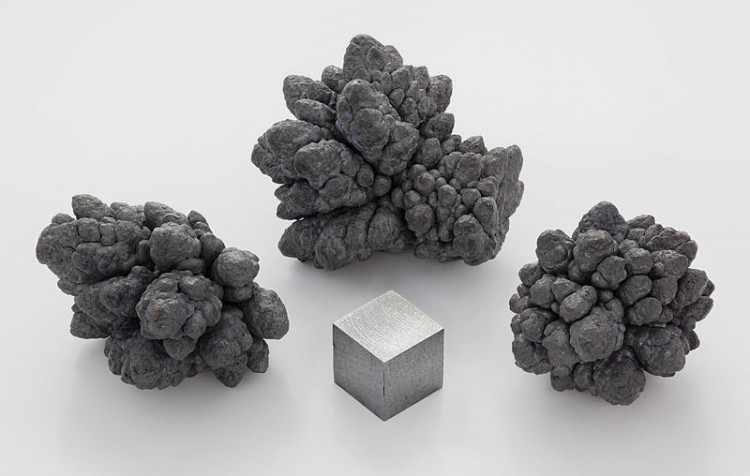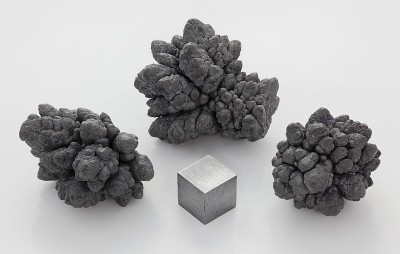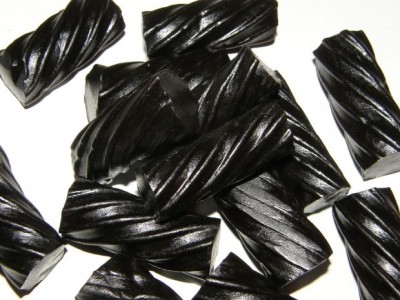Canada gives candy all clear from lead health risks

The agency inspected 297 samples between 2011 and 2012 and found low levels of lead in 60% of products, ranging between 0.0032 to 0.2359 parts per million.
Lead is forbidden to be added to foods in Canada, but because lead is naturally occurring in the environment certain levels are permissible, but must be as “low as reasonably achievable”.
The U.S Pharmacopeia convention has set an oral limit for lead of 1,000 ng/g. The US food and Drug Administration (FDA) prohibits levels of lead above 0.1 parts per million (ppm) for candy frequently consumed by small children.
Unlikely to pose health concern
“While the method of analysis cannot identify the sources of the lead found in these samples, the sources were likely from natural and manmade,” said the CFIA report.
“The levels of lead found in the candy, chocolate and cocoa powder products tested in this survey were unlikely to pose an unacceptable health concern,” it concluded. No product recalls were warranted given the low levels of lead.
Scientific research has indicated that lead toxicity in children reduces IQ scores and exposure in adults, even at low levels, could cause a small increase in blood pressure.
Earlier research says kids still at risk
A study published in the journal Talanta in January said that although lead concentration in chocolates it analyzed were below the US Pharmacopeia (USP) 1,000 ng/g limit, children who consumed chocolate in great quantities could still be at risk of exceeding daily limits.
The researchers urged parents to buy milk or white chocolates for their children, since the lower cocoa solid concentration meant a reduced presence of lead.
In 2012, American Licorice was forced to recall its black licorice products because lead levels exceeded legal limits. Last year, it launched a lawsuit against supplier Total Sweeteners, which it accused of supplying molasses tainted with lead













